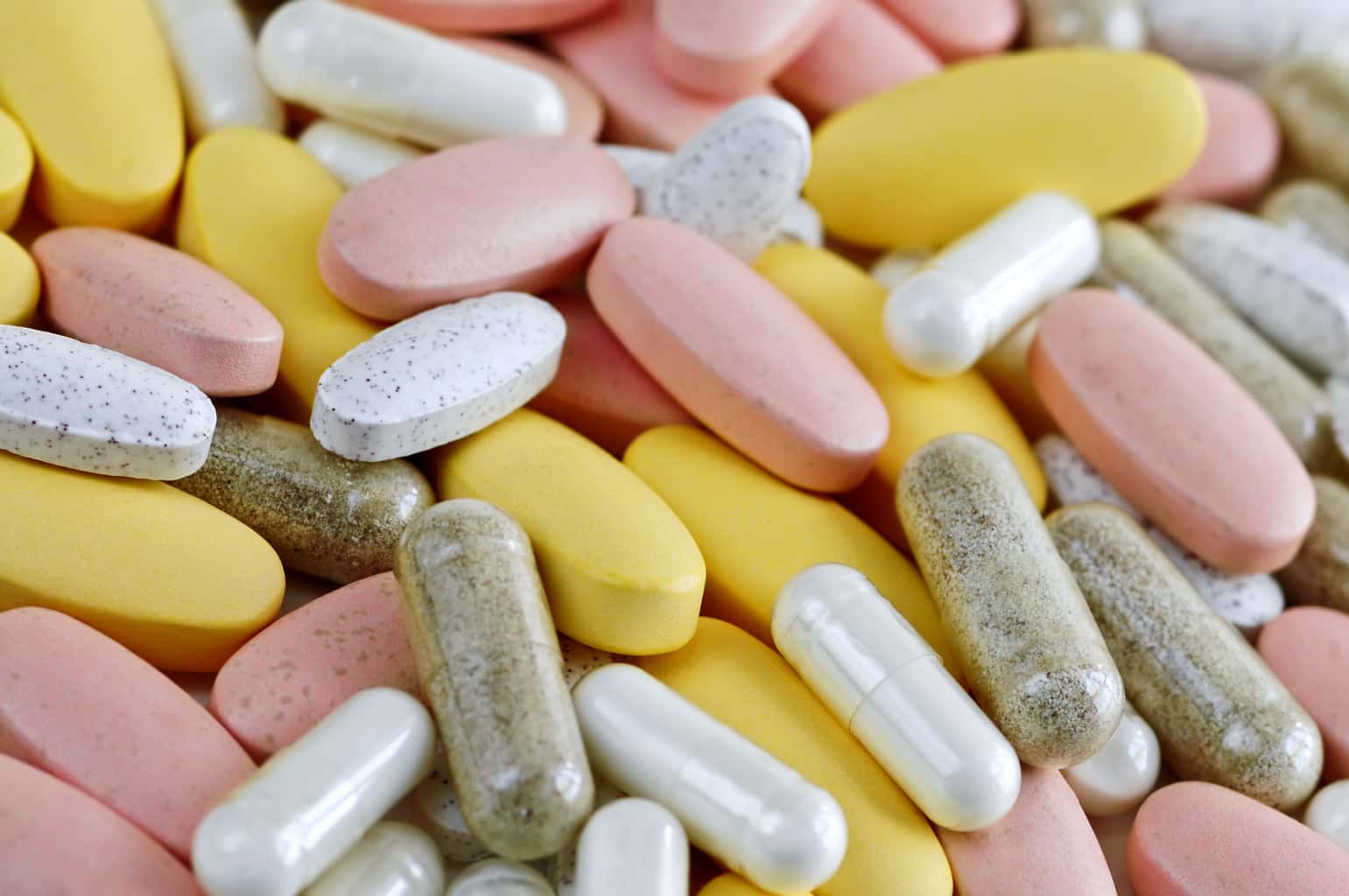
[cmamad id=”8669″ align=”center” tabid=”display-desktop” mobid=”display-desktop” stg=””]
Low testosterone is something that affects many men nowadays.
And there are many reasons for chronic low testosterone.
Modern lifestyles tend to be really high stress.
We spend more time indoors than out, so we do not get the beneficial effects of nature and sunlight.
We have poor sleep habits, thanks to busy work schedules, computers, and television.
But a big factor is diet.
Modern diets contain a lot of heavily processed food.
They have abundant calories but lack critical vitamins and minerals.
In fact, some key vitamins have been distinctly lacking in modern diets.
Sometimes, there are no signs of deficiency for years or even decades.
One such vitamin is K2.
[cmamad id=”8671″ align=”center” tabid=”display-desktop” mobid=”display-desktop” stg=””]
Vitamin K2 is a fat-soluble vitamin found in cholesterol-rich animal foods, like liver, eggs, and cheese.
One side effect of the war on cholesterol and saturated fat is the drastic reduction of this important vitamin.
And it turns out that it’s one of the best testosterone boosting vitamins!
There are all sorts of active research studies on this vitamin.
Researchers are starting to link vitamin K2 benefits with testosterone production.

In this study, researchers tested different diets on rats.
Sometimes, rat studies can be superior, since researchers have control over all aspects of the rats’ diets and behaviors.
They put the rats on three different diets.
The first diet was deficient in all forms of Vitamin K, including K2.
The second diet supplied adequate levels of Vitamin K.
And the third diet included a supplemental form of Vitamin K2.
The results are quite important for any guy interested in maximizing testosterone.
The researchers noticed that an enzyme responsible for testosterone production was directly correlated with a certain form of Vitamin K2.
The mRNA levels of Cyp11a – a rate-limiting enzyme in testosterone synthesis – positively correlated with the menaquinone-4 (MK-4) concentration in the testis.
More importantly, the amount of Vitamin K2 in the diet directly influenced the levels of testosterone in the rats.

So, what does that mean for you?
Well, if you happen to be low in testosterone, you can start increasing your intake of vitamin K2.
Liver, egg yolks, and cheese are all good sources of this vitamin.
Plus, you can take a vitamin K2 supplement for low testosterone.
For some guys, these changes may be enough to increase testosterone naturally.
Remember that vitamin K is not the same as vitamin K2.
And there are two forms of K2 — MK4 and MK7.
I find MK4 works a lot better for me, so this is all I use.
It’s much better to get vitamin K2 from your diet, but sometimes you can’t get enough that way.
And, for some guys, there may be other issues to address to raise testosterone levels besides K2.
Things like sleep quality and weight loss may help.
Fixing a poor diet.
Add more milk, cheese, orange juice to your daily routine.
But vitamin K2 can be a huge help in raising testosterone.

http://www.sciencedirect.com/science/article/pii/S0304416506001590

Leave a Reply